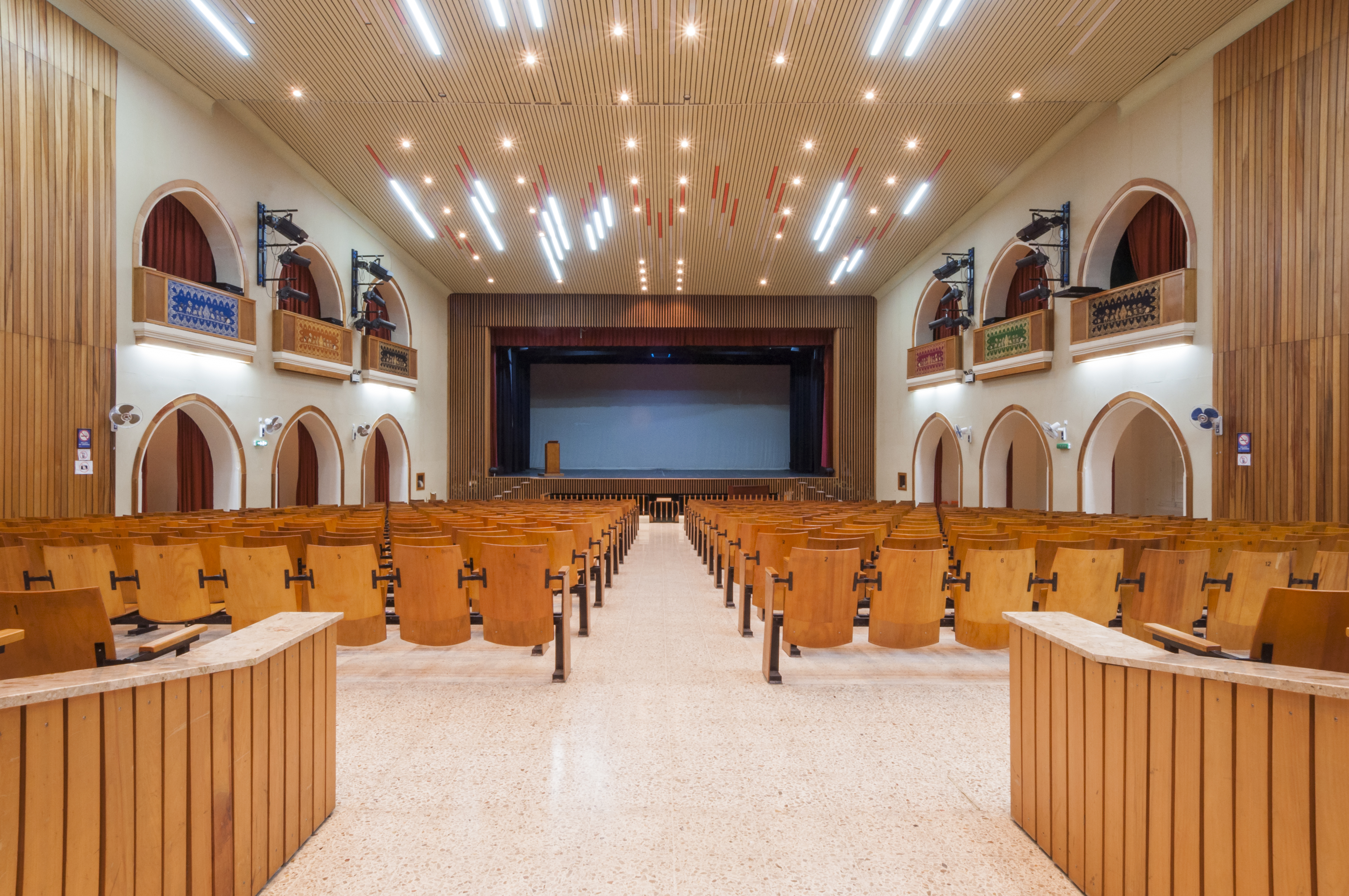
Although I am no expert in electoral methodologies, I find it symbolically significant that, before being given the opportunity to work on a national platform, politicians must be elected by a small number of people living in the same area. It is as if they have to prove themselves in a delineated area, before being able to represent that district in parliament. While this is done for various reasons - such as protecting the country from extremist or dangerous minorities - I see it also as a way of taking the grand stage, by first having to convince a smaller stage.
Recently we launched Spazji Teatrali, a catalogue of theatre spaces around the islands. It was a long and winding road to collect the data, but it was worth visiting these spaces and even more worth it to meet the people involved. The catalogue showed that each region has a good number of theatres – whether public, private or church-owned. Most are beautiful spaces - and we met some very interesting people who remember them in their heyday, when they also used to collaborate with other spaces in their area. Each space had its own story and seemed to lead to yet another. In fact, if we had to work on the second edition, the spaces would probably increase from 78 to significantly over 100. The aim of the catalogue was to create awareness - but is that sufficient?

Photos from Spazji Teatrali: A Catalogue of Theatres in Malta and Gozo. Photos by Sean Mallia
Many of these theatres boasted large spaces surrounding the main stage, mainly because these spaces are also used for other activities such as meetings, lessons and conferences. The multipurpose factor is an advantage - but it can also come at a cost. Recently I was asked a question by two prominent actors: how would you market a performance in spaces such as these? They are branded as parish halls, oratories, school auditoriums. Perhaps this is one of the issues where these spaces need input from artists. Could it be that we forgot what these spaces were primarily built for, that is, cultural spaces for the community? Artists can help prioritise these spaces for creativity, culture and art. I have already discussed changing the spaces’ name to theatre – rather than hall - with many of the administrators. Most of them are, in fact, theatres with a multi-purpose hall in the auditorium.
Speaking of politics, these spaces are in fact utilised at such a time. From coffee mornings to tombola to political rally activities and a myriad of other events. They are used because candidates feel that these are community spaces and that they bring them closer to the electorate. So how can artists use them? How can these spaces become multi-purpose cultural hubs? Of course we need funds and investments - but if, through our work, we can show that there is a need for such spaces to become performance hubs and creative spaces and, if with present structures we can already expose their potential, I am sure that many other opportunities will arise.
Such examples have been present all over Europe. Teatro San Ferdinando would not have started without Edoardo de Fillippo. Tadeusz Kantor and Cricot 2 would not have toured all of Poland without the availability of the theatres hosting them. In fact, history shows that many prominent theatre-makers found greater fulfilment in creating troupes touring most of their country rather than performing inside a national building. Troupes are in fact a direct result of having many spaces where one can perform in, without having to start from scratch in each space. Some artists might be interested in performing inside a ‘home’ space while others will prefer to perform around the island in spaces their fellow artists helped prepare. It becomes a cultural eco-system which, in my opinion, can positively impact a country’s well-being.
On this note, we are currently visiting theatres in every region, our theatrical districts, as it were. The first visit was a success. Over 20 artists and enthusiasts visited very interesting spaces and met the people behind them, while discussing projects with us. Tour Teatru Tazza Te is a series of these tours to discover these spaces and also an opportunity to talk with Teatru Malta or Arts Council Malta representatives about anything really, but mostly theatre.
In the midst of this political hullabaloo and beyond, artists can be inspired to create beauty, or to protest or just to get away from it all, research and train.
Our districts are there. The spaces are there. Let’s make sure we use them.
The next Tour Teatru Tazza Te will visit the South-Eastern region on 27 May.
Submitting ...
Saving ...
Any applications related to this entity, will also be automatically deleted.